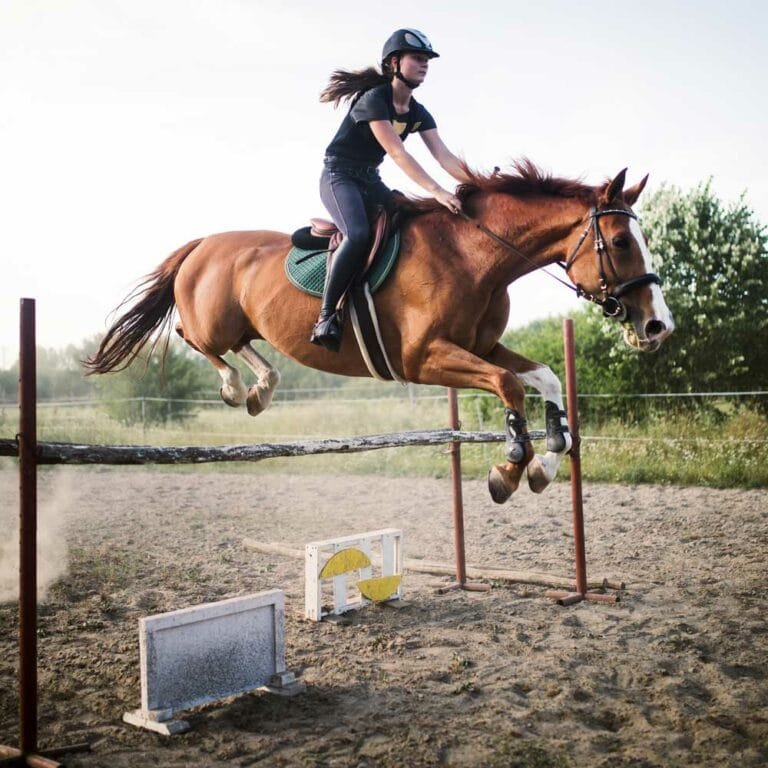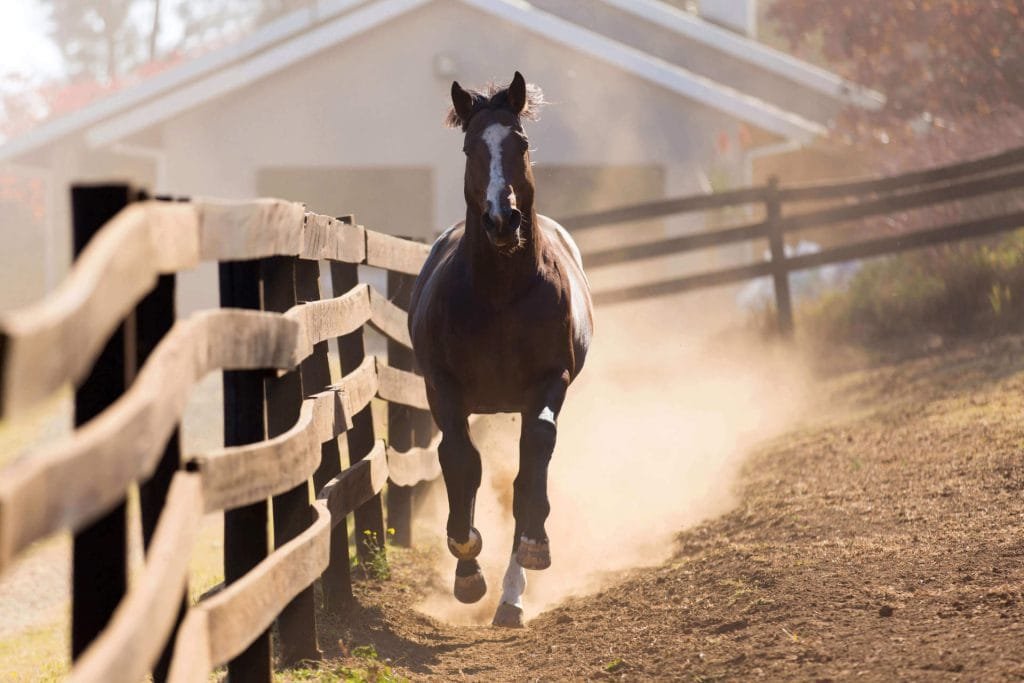Equine athletes is essential for their well-being and success in various disciplines
From dressage to show jumping, horses in competitive sports require meticulous care and attention. This article explores key aspects of horse health to ensure your equine athletes remain in peak condition.
1. Nutrition: Fueling Performance
Proper nutrition is the cornerstone of a horse’s health. Equine athletes need a balanced diet to support their rigorous physical activity. High-quality forage, such as hay and pasture, should form the base of their diet. Additionally, horses benefit from a mix of grains and concentrates designed to meet their energy needs.
Key nutrients include proteins for muscle repair, carbohydrates for energy, fats for stamina, and vitamins and minerals for overall health. Tailoring their diet to their specific needs, considering their workload, age, and any health issues, is crucial. Regular consultations with a veterinarian or equine nutritionist can help optimize their diet.
2. Exercise: Maintaining Fitness
Regular exercise is vital for maintaining a horse’s physical condition. A structured training regimen helps build strength, endurance, and flexibility. However, overexertion can lead to injuries and burnout. Balancing intense workouts with adequate rest is essential.
Incorporate a variety of exercises to engage different muscle groups and prevent monotony. Cross-training, such as incorporating lunging or swimming, can enhance overall fitness and reduce the risk of injuries.
3. Hoof Care: Support and Protection
The health of a horse’s hooves is fundamental to their performance. Regular hoof trimming and shoeing prevent issues such as cracks, abscesses, and lameness. A farrier should examine the hooves every 6 to 8 weeks, adjusting shoeing or trimming as necessary.
Proper hoof care also involves maintaining a clean environment. Mud and manure can lead to conditions like thrush, so ensure stables and paddocks are well-maintained.

4. Vaccinations and Parasite Control: Preventing Diseases
Vaccinations are crucial in protecting horses from contagious diseases. Regular vaccination schedules should be followed, tailored to the specific needs of your horse based on their exposure risk and regional disease prevalence.
Parasite control is another important aspect of maintaining health. Regular deworming, along with fecal egg counts to monitor parasite loads, helps prevent infestations. Implementing a strategic parasite management plan in collaboration with your veterinarian can prevent health issues and performance setbacks.
5. Dental Care: Ensuring Comfort
Dental health significantly affects a horse’s ability to eat, which impacts their overall health and performance. Regular dental check-ups are necessary to address issues like sharp edges, misalignments, or dental diseases.
A veterinarian or equine dentist should perform dental evaluations at least once a year. Proper dental care ensures that horses can chew their food effectively, preventing nutritional deficiencies and discomfort.
6. Behavior and Mental Health: Addressing Stress
Mental well-being is as important as physical health for equine athletes. Stress and anxiety can negatively impact performance and overall health. Providing a stable environment, routine, and adequate social interactions helps keep horses mentally healthy.
Enrichment activities, such as varying their routine, providing toys or different types of forage, and ensuring adequate turnout time, can prevent boredom and reduce stress. Observing your horse’s behavior for signs of distress or discomfort allows for timely interventions.
7. Monitoring and Early Detection: Preventing Issues
Regular monitoring and early detection of health issues are critical. Pay attention to changes in behavior, appetite, or physical condition. Regular check-ups with your veterinarian can help identify and address potential problems before they escalate.
Keep detailed records of your horse’s health, including vaccinations, dental work, and any medical treatments. This information helps in making informed decisions about their care and maintaining their peak performance.
8. Rest and Recovery: Ensuring Longevity
Allowing sufficient time for rest and recovery is vital for maintaining a horse’s long-term health. After intense training or competition, ensure that your horse has adequate downtime. This period helps repair muscles, replenish energy stores, and prevent overuse injuries.
Implementing a structured rest plan, including light exercise or turnout, supports recovery and prepares your horse for future activities. Balancing training with recovery ensures sustained performance and overall well-being.




